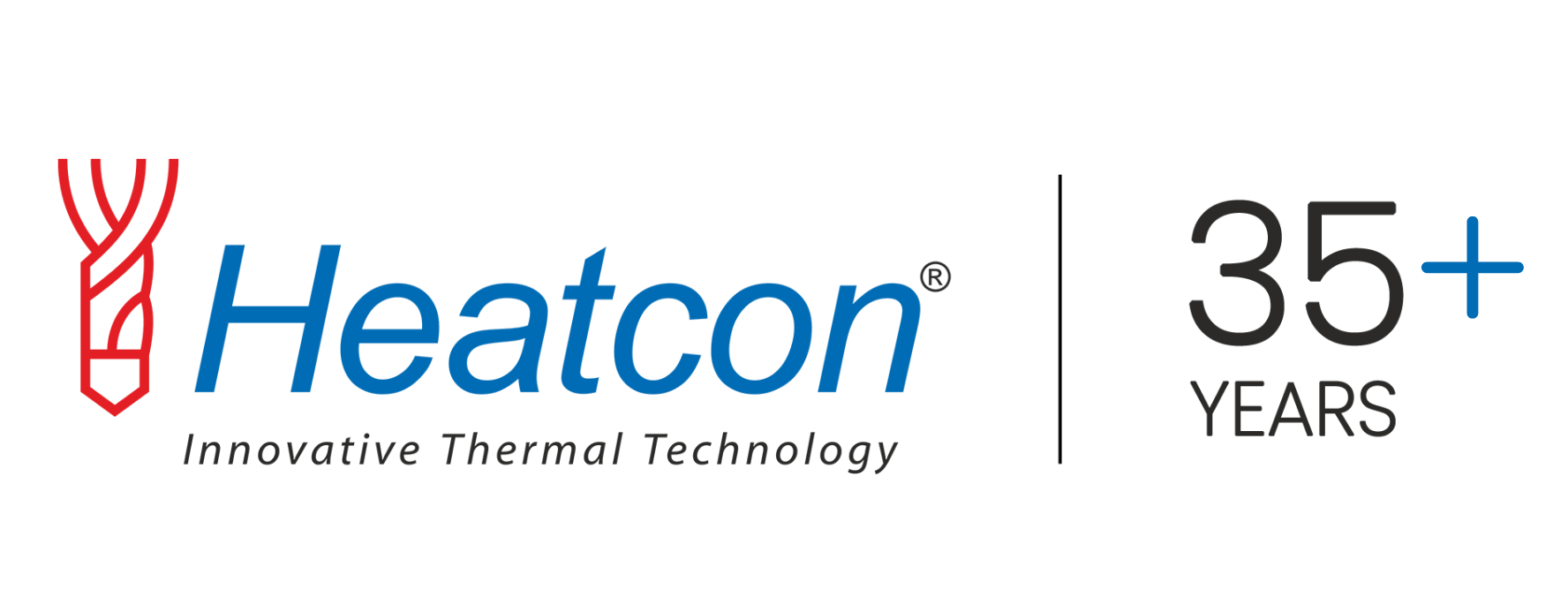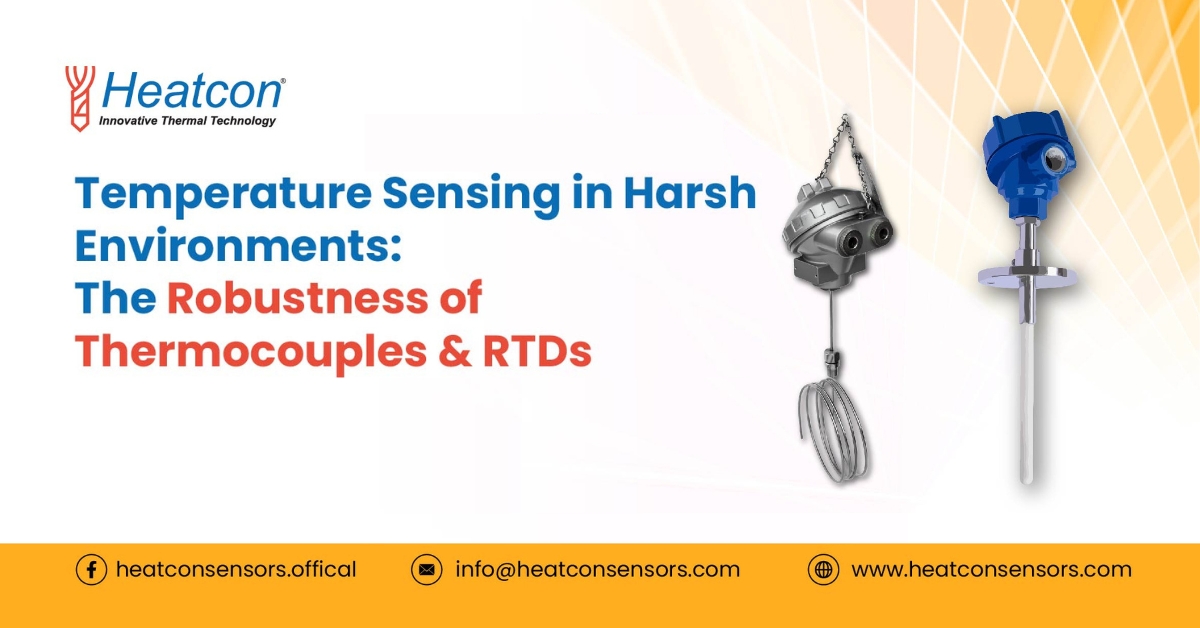In a myriad of industries including the manufacturing industry, the aerospace sector, the automotive segment, as well as the energy production domain, temperature sensing is a crucial aspect for ensuring safety, efficiency, & product quality. However, most of such industrial environments pose significant challenges to conventional temperature monitoring technologies. Such harsh environments include extreme temperatures, high-pressure conditions, corrosive atmospheres, as well as mechanical vibrations, which can all easily degrade/damage these delicate sensors, and this leads to inaccurate readings & potential system failure. To tackle such situations, engineers often depend on the robustness of thermocouples & RTDs (resistance temperature detectors).
Thermocouples Are Rugged & Reliable
Thermocouples happen to be one of the oldest & most widely used temperature-sensing devices. A chief advantage of using thermocouples lies in their supreme durability & high resilience even in harsh industrial environments. Unlike other traditional sensors, thermocouples do not have any fragile electronic components, and this makes them highly resistant to shocks, vibrations, and mechanical stresses. Such robustness makes these sensors ideal for industrial applications including gas turbines, furnaces, ovens, & exhaust systems, etc., where extreme temperatures & thermal cycling are quite common. Also, thermocouples exhibit a wider temperature range, spanning from cryogenic temperatures to over 2300 degrees Celsius, and this range depends on the type of thermocouple and the metal alloys it uses. Such versatility of thermocouples makes their deployment ideal in diverse industrial settings, like those with very high or very low operating temperatures.
RTDs Give Precision Even in Adverse Conditions
RTD sensors also happen to be a popular choice for temperature measurements in harsh environments. A big advantage of these sensors lies in their high accuracy & repeatability, which makes them ideal for those industrial applications where precise temperature measurements hold critical importance. Also, RTD sensors provide superior long-term stability & minimal drift over time, which ensures reliable performance even in harsh or demanding operating industrial conditions. Such sensors are typically best suited for industrial environments that have stringent accuracy requirements and also where electrical noise or electromagnetic interferences tend to affect the sensor’s performance. RTDs find their extensive use in industries including pharmaceuticals, F & B, and scientific research, etc., where maintaining product quality & process consistency hold great significance.
To conclude; temperature sensing in harsh environments demands rugged and reliable solutions capable of withstanding extreme conditions while providing accurate measurements. This is where the robustness of thermocouples & RTDs comes into view! These sensors stand out as two of the most robust & dependable options available to engineers & technicians across a gamut of industries. Whether it is for the monitoring of temperatures in industrial processes, aerospace applications, or automotive systems, their resilience & precision make them indispensable temperature-sensing solutions to ensure safety, efficiency, and quality in challenging environments. For procuring any of these sensors, your go-to destination can be Heatcon!


